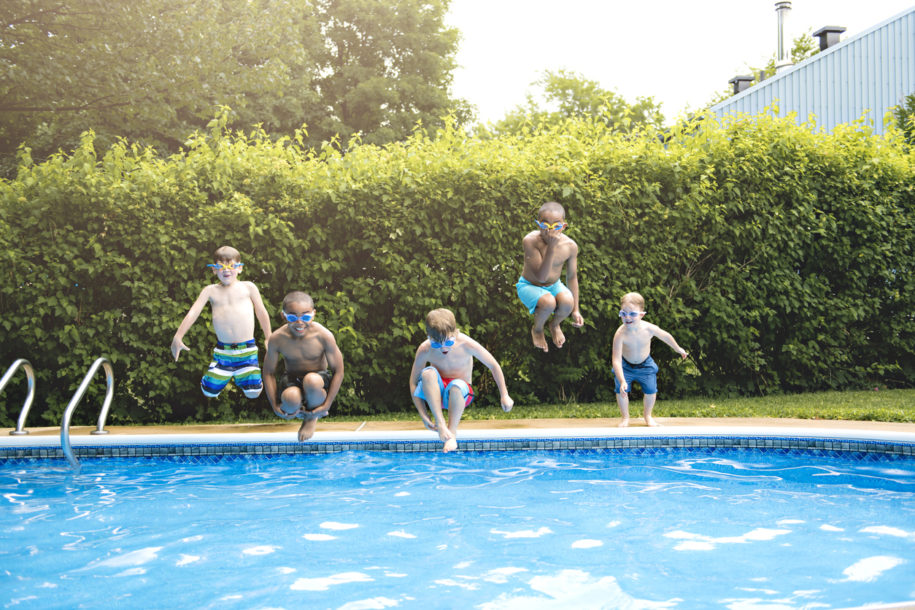
BBHD licenses and inspects all public swimming pools to insure water quality and safe swimming conditions at each pool. The facility must be in compliance with Section 19-13-B33b of the Connecticut Public Health Code in order to operate.
Download Swimming Pool License Application.
BBHD environmental staff also collects weekly samples of all bathing waters within the district. In the case of repeated elevated levels of E. coli, the area is closed to the public until the levels are safe.
Connecticut Public Swimming Pools
____________________________________________________________________________
Protect your family at the pool this summer
Did you know that the Bristol-Burlington Health District conducts routine inspections of public swimming pools in town to help ensure that water quality is up to par and the pools are free from safety hazards? A public pool as defined in the Connecticut Public Health Code is any pool which is not used or intended to be used as a pool at a single family residence. As such, public pools include both those owned and operated by fitness centers, condominium and homeowner’s associations, and country clubs, as well as municipalities.
While the Health District strives to maintain compliance in all public swimming pools, there are some things residents can do to help protect themselves and others from Recreational Water Illnesses (RWIs).
The Centers for Disease Control and Prevention (CDC) has provided guidance for families regarding RWIs, which are caused by germs like “Crypto,” Giardia, E. coli 0157:H7, and Shigella. These germs are spread by accidentally swallowing water that has been contaminated with fecal matter. How does a pool get contaminated? You share the water with everyone in the pool. If someone with diarrhea contaminates the water, swallowing the water can make you sick.
The great news is that germs causing RWIs are killed by chlorine. However, chlorine doesn’t work right away. It takes time to kill germs and some germs like “Crypto” are resistant to chlorine and can live in pools for days. That is why even the best maintained pools can spread illness. Therefore, healthy swimming behaviors are needed to protect you and your kids from RWIs and will help stop germs from getting in the pool in the first place. Here are six things that the CDC recommends you do to promote healthy swimming for your family and others:
-Don’t swim when you have diarrhea…this is especially important for kids in diapers. You can spread germs into the water and make other people sick.
-Don’t swallow the pool water. In fact, try your best to avoid even having water get in your mouth.
-Wash your hands with soap and water after using the toilet or after changing diapers. You can protect others by remembering that germs on your body end up in the water.
-Take your kids on bathroom breaks often. Waiting to hear “I have to go” may mean that it’s too late.
-Change diapers in a bathroom and not at poolside. Germs can spread to surfaces and objects in and around the pool and spread disease.
-Wash your child thoroughly (especially the rear end) with soap and water before swimming. We all have invisible amounts of fecal matter on our bottoms that end up in the pool.
__________________________________________________________